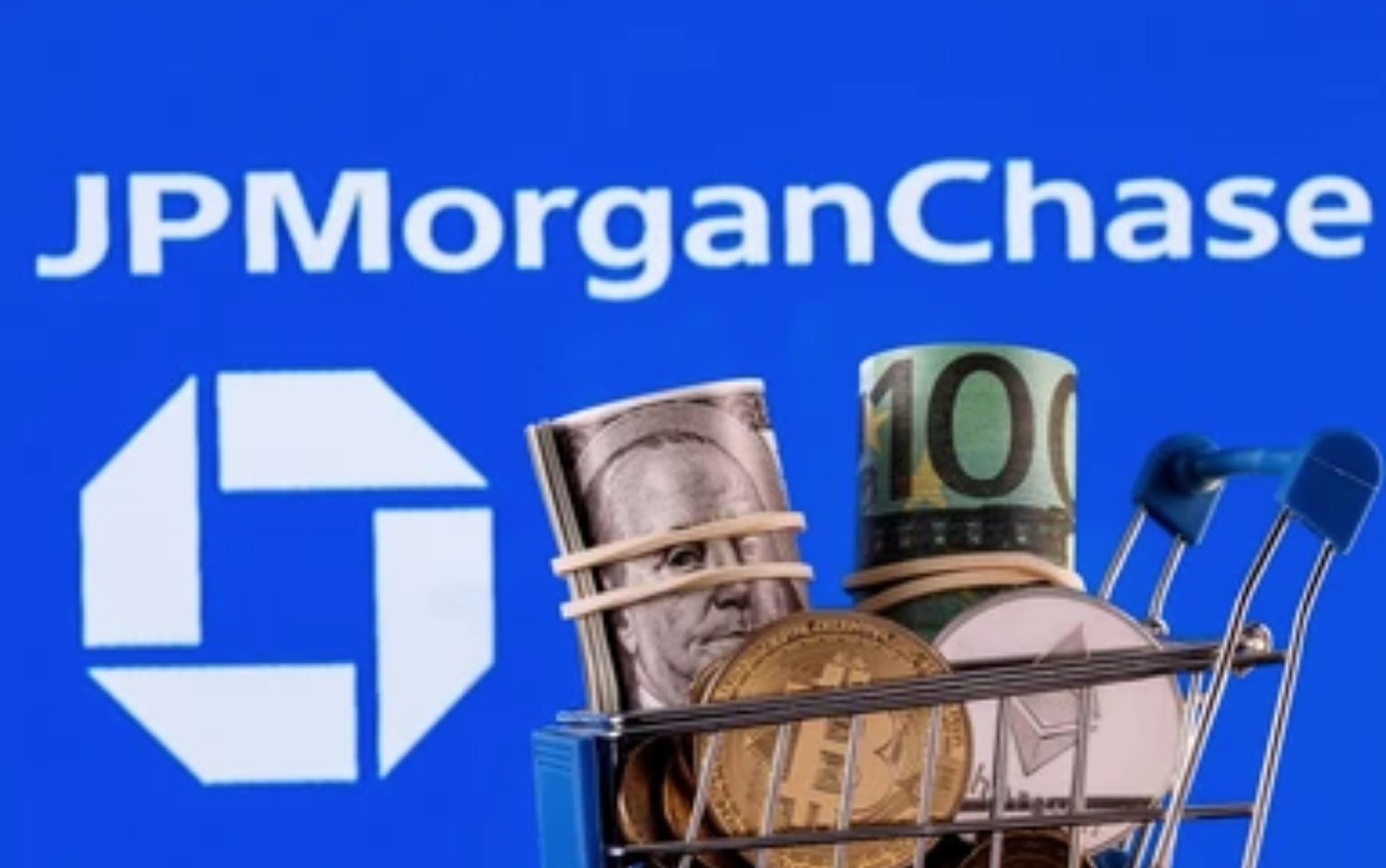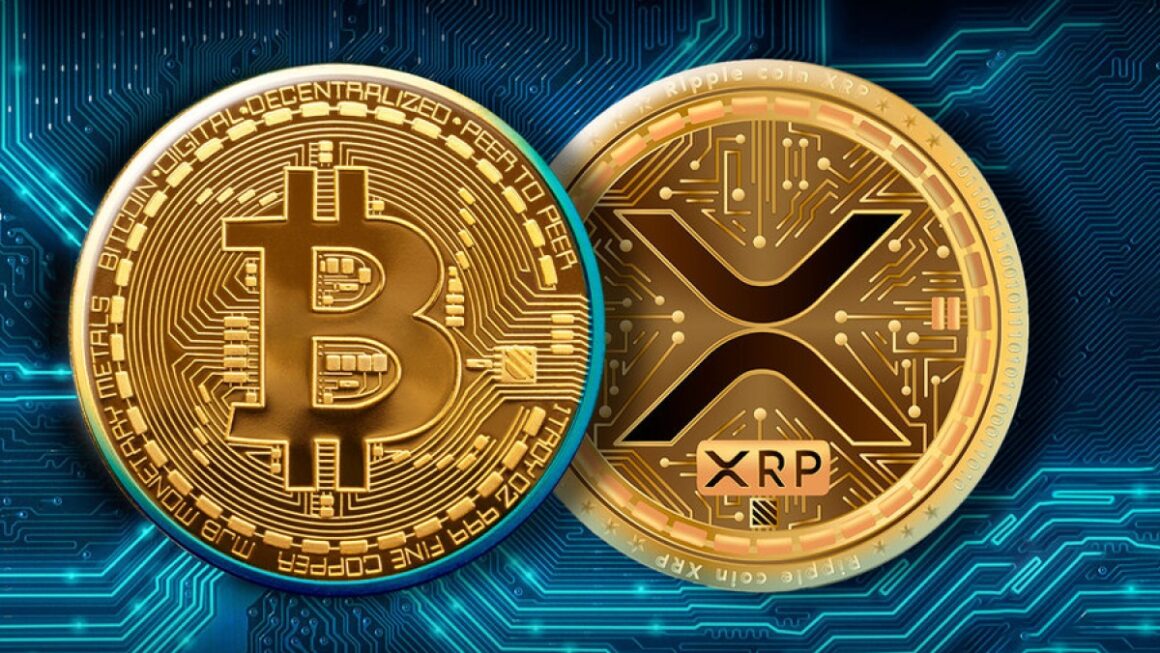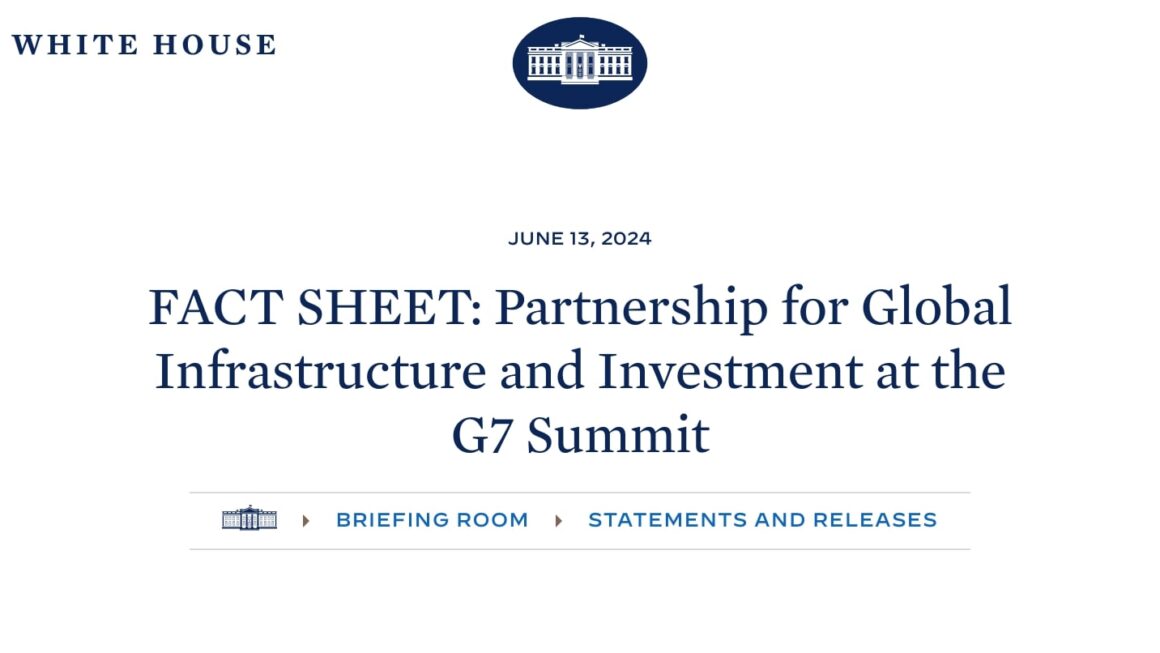In the world of finance, few voices carry as much weight as that of Jamie Dimon, the Chairman and CEO of JPMorgan Chase, one of the largest and most influential banks in the United States. Dimon’s recent warning of a potential 7% jump has sent ripples through financial markets and sparked conversations about the factors behind his concern.
The Context: Jamie Dimon’s Reputation
Before diving into the details of Dimon’s warning, it’s crucial to understand the context. Jamie Dimon is widely regarded as one of the most knowledgeable and experienced figures in the financial industry. His leadership at JPMorgan Chase has not only navigated the bank through turbulent times but has also positioned it as a global financial powerhouse.
When Dimon speaks, Wall Street listens. His insights and predictions are closely watched, making his recent warning a topic of significant interest.
The Warning: What Does the 7% Jump Refer To?
During a recent interview, Jamie Dimon cautioned that there could be a 7% increase in interest rates. To understand the gravity of this statement, it’s essential to grasp the implications of such a jump.
Interest rates play a pivotal role in the financial world. They impact borrowing costs, influence investment decisions, and have far-reaching consequences for the broader economy. A sudden and significant rise in interest rates can disrupt financial markets, trigger changes in asset prices, and impact economic growth.
The Factors Behind Dimon’s Concern
Several factors contribute to Dimon’s concern about a potential 7% jump in interest rates:
- Inflation Worries: Rising inflation has been a cause for concern in recent times. If inflation continues to accelerate, central banks may respond by raising interest rates to curb it. Dimon’s warning may reflect his unease about the inflationary pressures in the economy.
- Federal Reserve Policy: The U.S. Federal Reserve has been closely watched for its stance on interest rates. Any signals from the Fed about a more aggressive rate-hike strategy could lead to a sharp increase in rates, causing disruptions in financial markets.
- Global Economic Uncertainty: The global economic landscape is marked by uncertainties, including geopolitical tensions and the ongoing pandemic recovery. Such uncertainties can amplify market volatility and prompt investors to seek safety in government bonds, affecting interest rates.
- Market Sentiment: Investor sentiment plays a crucial role in financial markets. Dimon’s warning might also reflect his assessment of market sentiment, which can quickly shift based on economic data, news events, and geopolitical developments.
The Impact: Why Does It Matter?
The potential impact of a 7% jump in interest rates is substantial. It could affect various sectors of the economy, including housing, consumer spending, and corporate borrowing costs. Stock markets might experience heightened volatility as investors reassess their portfolios in response to higher rates.
Dimon’s warning serves as a reminder of the interconnectedness of the financial world and the importance of closely monitoring economic indicators and central bank policies. While a 7% jump is not a certainty, the fact that it has garnered attention from such a prominent figure underscores the need for vigilance and preparedness in the ever-evolving financial landscape.
As investors and policymakers alike watch for developments in interest rates, Jamie Dimon’s warning will remain a topic of discussion and analysis, reflecting the enduring influence of one of the financial world’s most respected voices.














